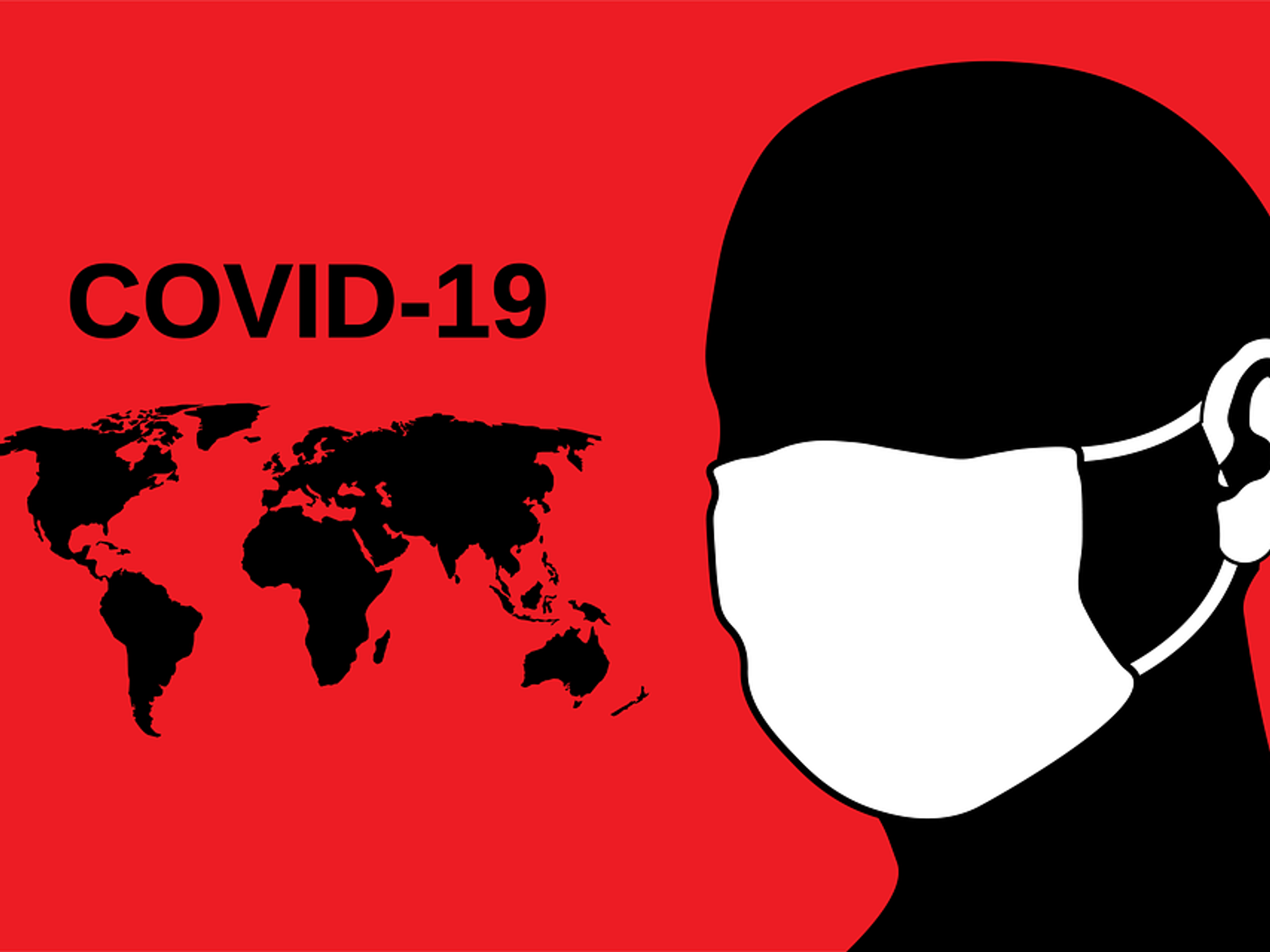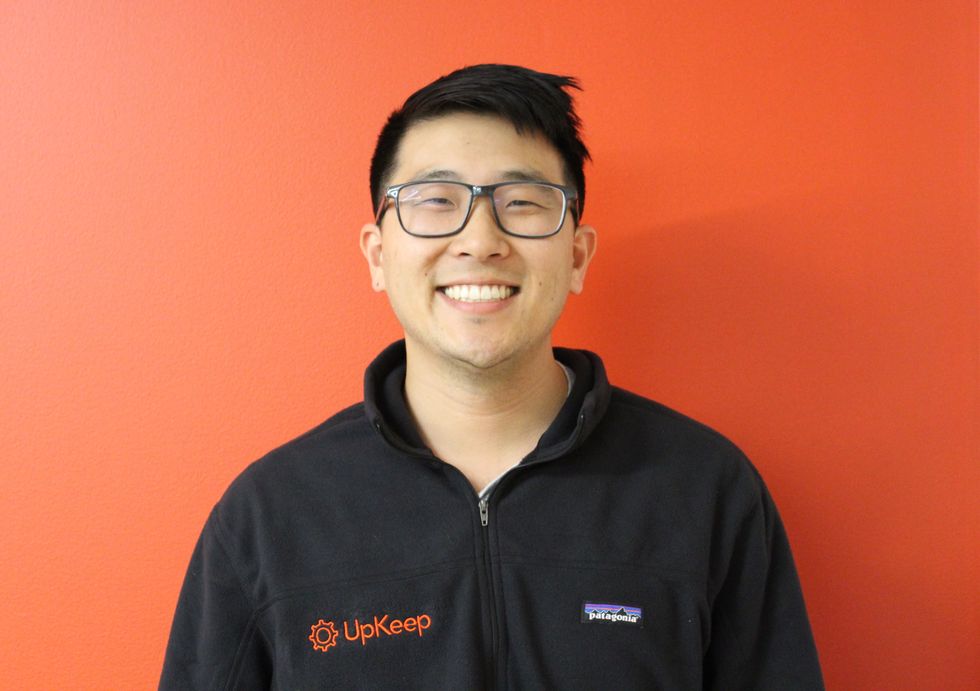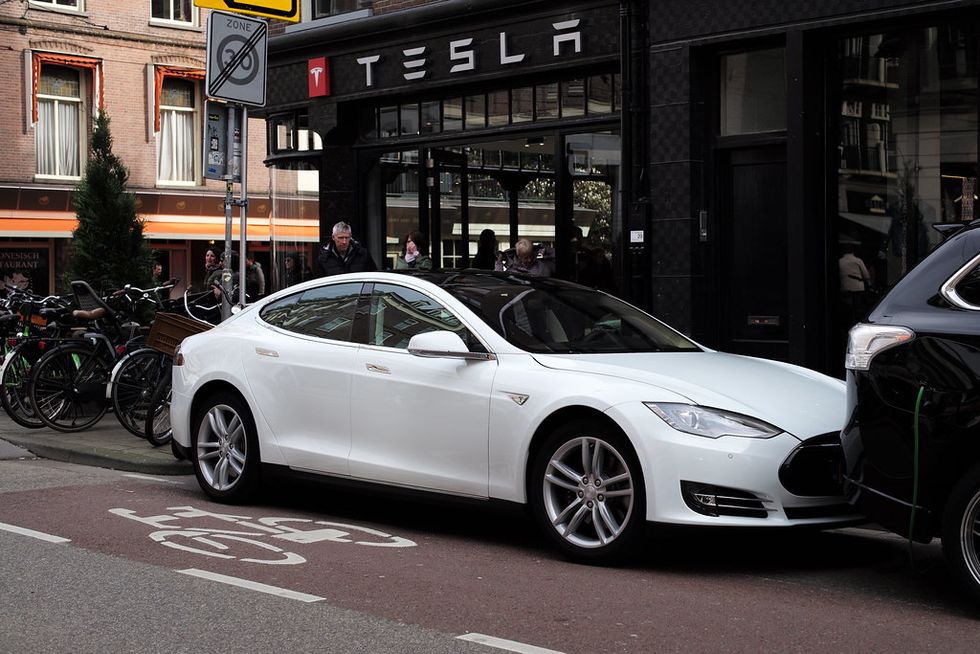Coronavirus Updates: Trump Jumps Into Musk Tweetstorm; L.A. May Extend Lockdown Until August; UpKeep's $36M Raise

Here are the latest headlines regarding how the novel coronavirus is impacting the Los Angeles startup and tech communities. Sign up for our newsletter and follow dot.LA on Twitter for the latest updates.
- Now Trump weighs in on Elon Musk's defiant move to open a Tesla plant early
- Los Angeles may extend shelter-in-place directives until August, says county health official
- UpKeep raises $36 million Series B as maintenance services startup in demand amid COVID
UpKeep raises $36 million Series B as maintenance services startup in demand amid COVID

Ryan Chan, UpKeep founder and CEO, says the pandemic has only made UpKeep more attractive as companies put a greater emphasis on cleaning and maintenance.
UpKeep, a mobile platform that helps companies streamline maintenance requests, announced Tuesday it has raised $36 million in Series B funding. Though it is a difficult time for many companies to fundraise, Ryan Chan, UpKeep founder and CEO, says the pandemic has only made UpKeep more attractive as companies put a greater emphasis on cleaning and maintenance. "I feel fortunate that we are in a space that is growing because of this," Chan told dot.LA. "We were able to raise at very favorable terms, but for a lot of companies it's very difficult to raise right now."
Chan certainly does not want to be seen as gloating. "We got lucky, but through no fault of our own," he added. Though UpKeep is a Los Angeles company, it turned to New York-based Insight Capital to lead the round. Existing investors Emergence Capital, Battery Ventures, Y Combinator, Mucker Capital, and Fundersclub also participated.
"COVID-19 is bringing the importance of maintenance into the spotlight, underscoring UpKeep's mission," Deven Parekh, Managing Director at Insight Partners, said in a statement. Upkeep says it saw 206% revenue growth last year and has signed with notable brands including Unilever, Siemens, DHL, Thermo Fisher Scientific, McDonald's and Jet.com.
Los Angeles may extend shelter-in-place directives until August, says county health official

Los Angeles County may extend stay-at-home orders for the next three months, ending sometime in August, according to Public Health Director Barbara Ferrer during a Board of Supervisors meeting on Tuesday. California began loosening stay-at-home rules last week, reopening trails and providing retailers with the ability to sell merchandise through curbside services.
But Ferrer warned Tuesday that further loosening of the rules will be slow. And that would only change if there was a "dramatic change to the virus and tools at hand." "Our hope is that by using the data, we'd be able to slowly lift restrictions over the next three months," she said, according to the L.A. Times. But without widely available therapeutic testing for the coronavirus or rapid at-home tests that would allow people to test themselves daily, it seems unlikely that restrictions would be completely eased.
Now Trump weighs in on Elon Musk's defiant move to open a Tesla plant early

This won't come as a surprise: President Trump joined in on the Twitter debate about Elon Musk reopening his Tesla Inc. plant in Fremont, Calif. "California should let Tesla & @elonmusk open the plant, NOW," Trump wrote in a tweet Tuesday. "It can be done Fast & Safely!" Musk tweeted on Monday that Tesla would ramp up production at its only U.S. car plant, and risked being arrested after county officials ordered the company to stay closed. The billionaire entrepreneur has slammed California's strict reopening plan, saying his company has a right to manufacture cars and make money.
Musk wrote in an email to employees, in documents reviewed by Bloomberg News: "Just wanted to send you a note of appreciation for working hard to make Tesla successful. It is so cool seeing the factory come back to life and you are making it happen!!" Over the weekend, Musk stated he would move Tesla and his rocket company SpaceX out of the state unless restrictions were lifted, prompting one California lawmaker to tweet "F*ck Elon Musk."



 Image Source: JetZero
Image Source: JetZero
